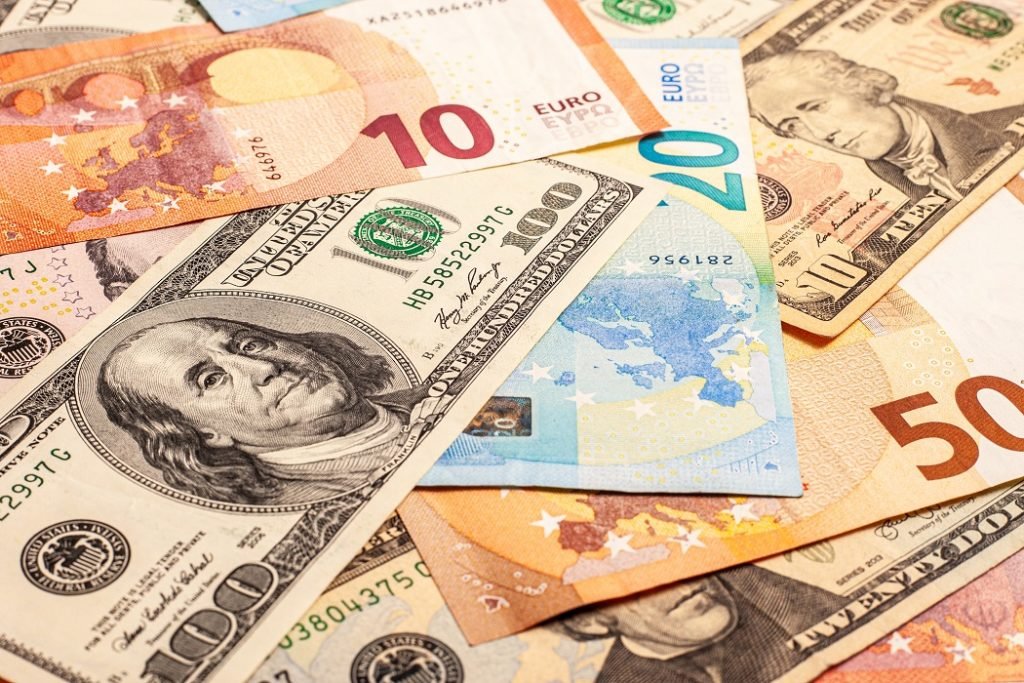By Tom Westbrook
SINGAPORE (Reuters) – A resurgent euro was hunkered just short of strong resistance levels on Tuesday as traders awaited U.S. inflation data due later in the week, wary it could trigger gains in the dollar.
The common currency leapt 2.7% last week after a hawkish shift in tone at the European Central Bank. It has held gains but has been unable to beat resistance around $1.1483 even as European bond yields have leapt and last bought $1.1441.
Stunningly strong U.S. labour data last week has put extra focus on inflation – forecast at a four-decade high 7.3% – in the lead up to March’s Federal Reserve meeting.
Futures markets are pricing an almost 1-in-3 chance of a 50 basis point rate rise and the prospect of aggressive hikes has been supporting the dollar.
“The surprise beat by the non-farm payroll numbers (which we were warned by Fed officials and the White House would be very weak due to Omicron) leaves the Fed in an unexpected territory,” said NatWest Markets rates strategist Jan Nevruzi.
“The CPI will be critical on how the narrative develops until the March (meeting),” he said, though adding that barring a big surprise, March will probably bring only a 25 basis points hike.
The dollar crept 0.1% higher on the yen in early Asia trade to 115.22 and the U.S. dollar index hovered at 95.425.
Overnight bitcoin and the Australian dollar posted gains as equity markets cautiously rallied in Europe. The Aussie rose about 0.7% and was last at $0.7130, just shy of resistance around its 50-day moving average of $0.7163.
Bitcoin punched through its 50-day average to top $44,000 for the first time in nearly a month on Monday and is up more than 17% in four sessions.
The New Zealand dollar held a small overnight gain at $0.6642. Sterling was steady at $1.3538.
A quiet data calendar awaits on Tuesday, with a U.S. small business survey due later in the day. U.S. inflation data is due on Thursday.



